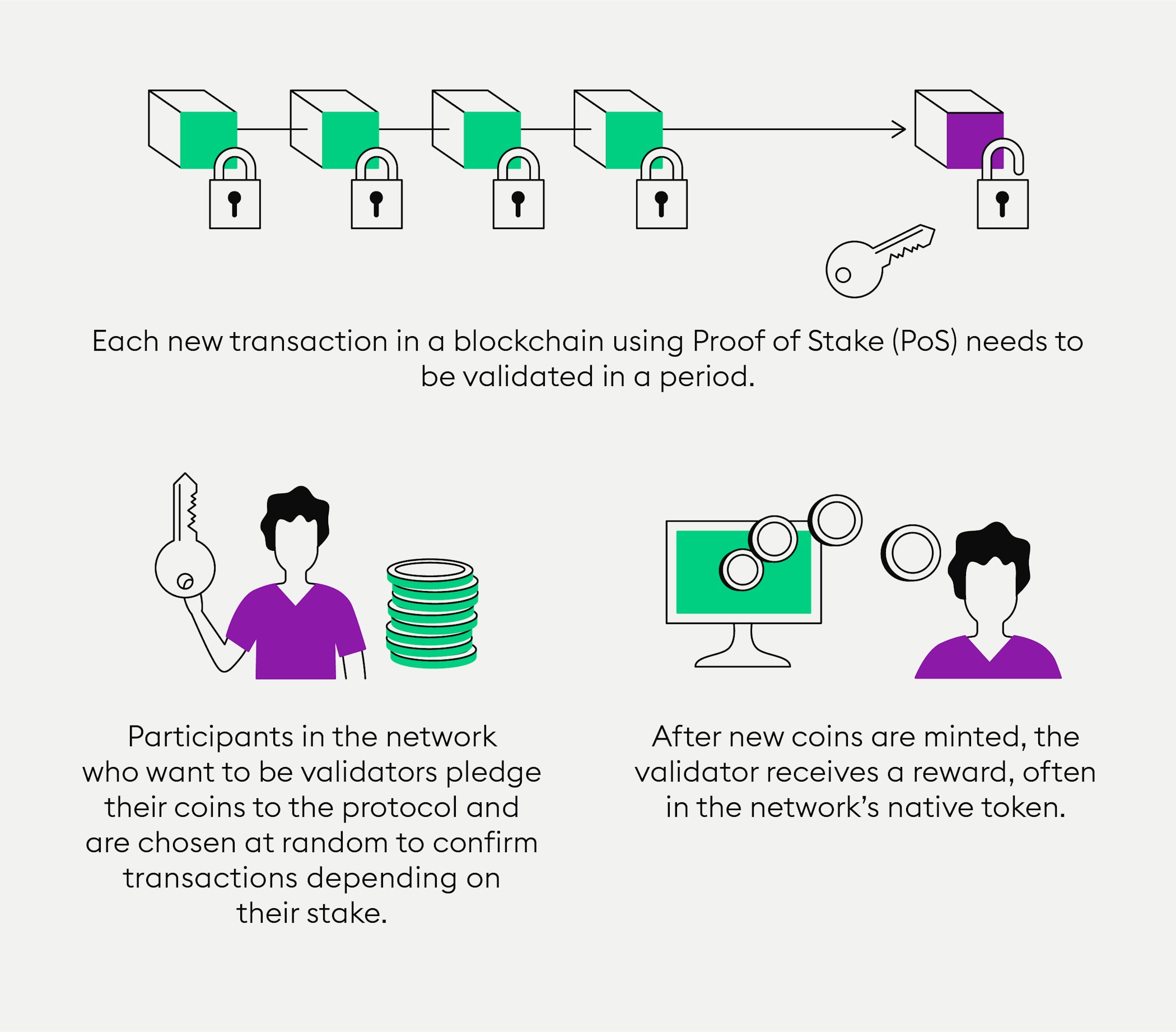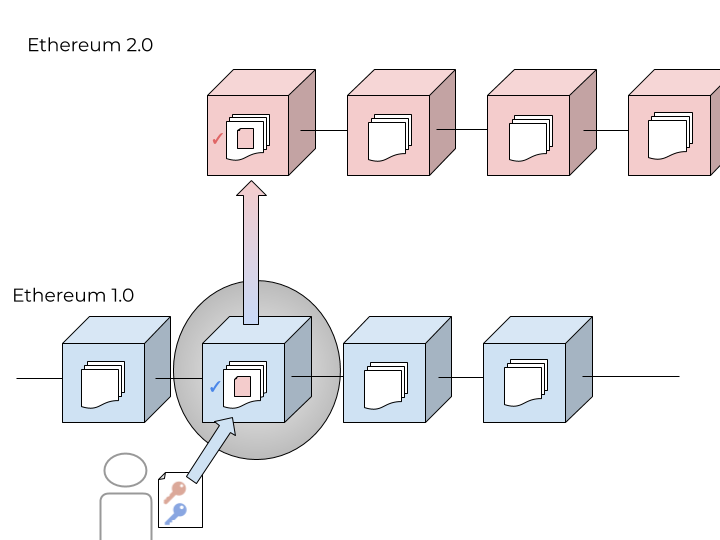Demystifying Validators in Cryptocurrency: Understanding Token Staking, Its Significance, and User C
Validators play a crucial role in the operation of many blockchain networks, acting as key participants in the validation of transactions and maintenance of network integrity. This blog post aims to demystify the concept of validators, explore the meaning of staking tokens on a validator, delve into its significance in the crypto market, and highlight the contributions and benefits for users.
Understanding Validators in Cryptocurrency:
- Defining Validators:
Validators are entities or nodes within a blockchain network responsible for validating transactions and ensuring the integrity of the network. They play a pivotal role in achieving consensus, securing the network, and maintaining the accuracy of the blockchain ledger.
- Validation and Consensus Mechanisms:
Validators contribute to the consensus mechanisms of blockchain networks, such as proof-of-stake (PoS) or delegated proof-of-stake (DPoS). They propose and validate blocks, and their actions are crucial in determining the validity of transactions.
Token Staking on Validators:
- Token Staking Explained:
Token staking involves users committing a certain amount of cryptocurrency to a validator's node, essentially "staking" their tokens as collateral. This process is integral to PoS and DPoS networks, where stakers participate in block validation.
- Security through Collateral:
Staking tokens on a validator serves as collateral, ensuring that participants have a vested interest in the network's security. Validators are required to put up a stake to participate, and potential penalties for malicious behavior include the loss of staked tokens.
Significance of Validators in the Crypto Market:
- Consensus and Network Security:
Validators are foundational to achieving consensus and maintaining network security. Their honest participation is crucial for the overall integrity of the blockchain, and token staking ensures their commitment to the network's wellbeing.
- Decentralization and Governance:
Validators contribute to the decentralization of blockchain networks, distributing the responsibility of transaction validation. In some networks, users who stake tokens on validators gain governance rights, allowing them to influence network decisions.
User Contributions and Benefits:
- Participation in Network Operations:
Staking tokens on validators empowers users to actively participate in the operations of a blockchain network. By contributing to consensus, users become integral components of the network's functionality.
- Earning Rewards and Incentives:
Users who stake tokens on validators often receive rewards for their contribution. These rewards may come in the form of additional tokens, transaction fees, or other incentives, providing users with a way to earn passive income..png)
- Network Stability and Reliability:
Validators, backed by staked tokens, enhance the stability and reliability of a blockchain network. With a diverse set of validators distributed across the network, the risk of a single point of failure decreases, ensuring continuous network operation.
Conclusion:
Validators stand as pillars of trust and security within blockchain networks, and users who stake tokens on these validators contribute to the decentralization, security, and governance of the crypto ecosystem. As blockchain technology continues to advance, validators and the stakers who support them will play an increasingly pivotal role in shaping the future of decentralized networks.














































